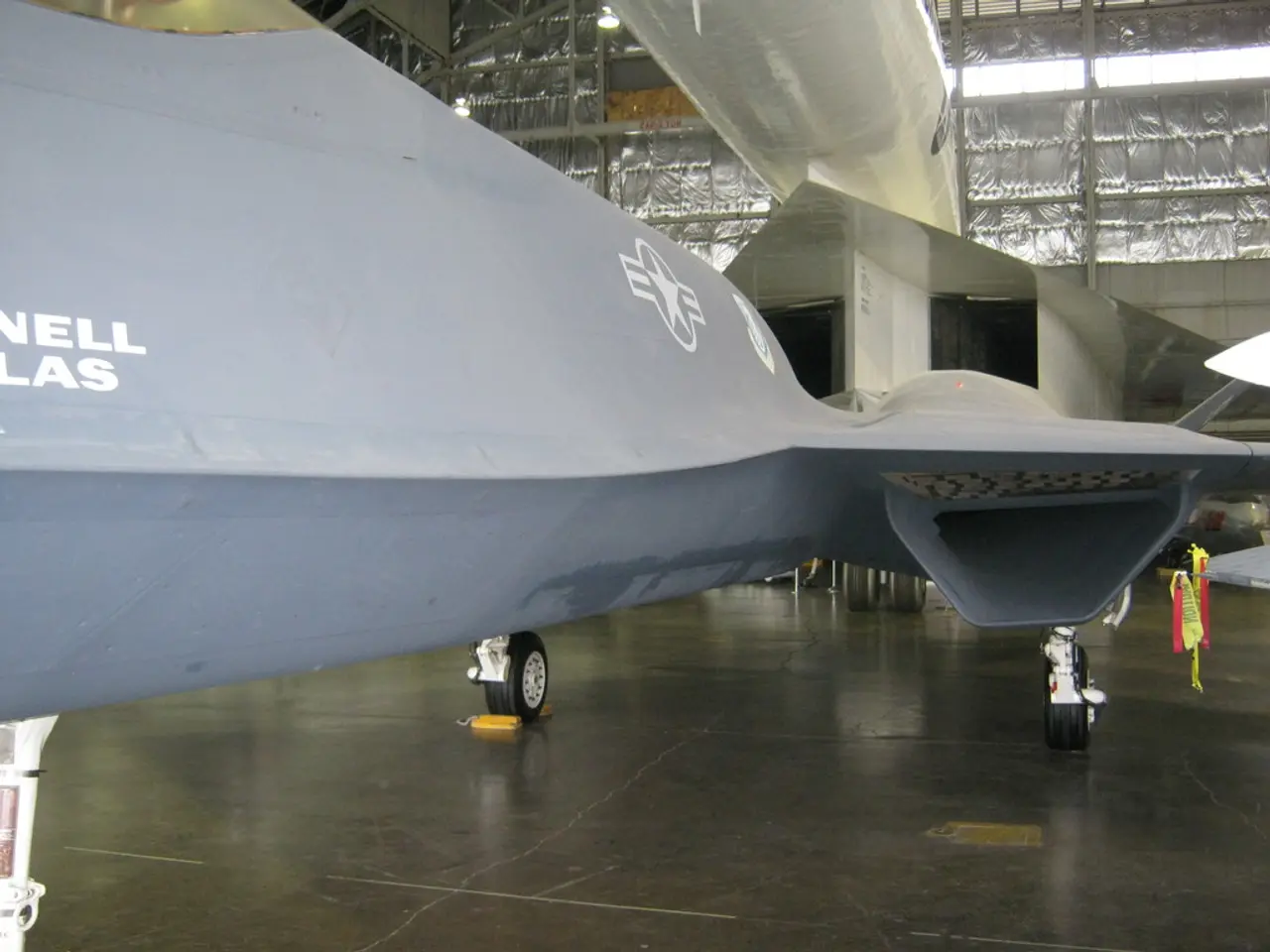Air India Pilots Massively Absent Due to Sickness Following Dreamliner Crash: Unraveling the Aviation Emergency
In the aftermath of the catastrophic Air India Flight 171 crash on June 16, 2025, which claimed the lives of 260 people, a series of events have unfolded that have brought the issue of mental health support for pilots into sharp focus. Four days following the tragic incident, 112 pilots—51 captains and 61 first officers—of Air India called in sick, with no formal strike declared.
This mass sick leave has sparked widespread concern, but as of now, there is no conclusive evidence directly linking it to a psychological breakdown, coordinated protest, or operational fatigue. The official investigation into the crash is ongoing, with the focus primarily on technical factors such as engine fuel control switches.
The preliminary investigation by India's Aircraft Accident Investigation Bureau (AAIB) and commentary from pilot associations urge caution against speculation or premature conclusions, emphasizing that the report only presents early factual data without safety recommendations.
Despite the lack of definitive evidence, the scale of the tragedy involving so many fatalities makes it reasonable to consider psychological impact on pilots as one possible factor. However, without explicit statements from Air India Pilots' organizations or the airline, a confirmed cause cannot be stated.
The AI-171 crash has reignited discussions about the need for better mental health support for pilots in the aviation industry. The pilots' union at Air India has demanded improved counseling and rest breaks, viewing the sick leaves as more than a staffing crisis; they were, in their eyes, a desperate plea for change.
The media reports about the AI-171 crash, led by the Wall Street Journal, have been deemed unverified and irresponsible. Investigations into the crash continue, with Boeing and the DGCA (India's civil aviation regulator) investigating the possibility of mechanical sabotage or human error.
Confusing exchanges between the pilots before the crash, as revealed by the black box recordings, have added to the mystery. An anonymous pilot told The Indian Express that they were expected to fly the same model as the one involved in the AI-171 crash the next day.
Air India's fatigue management system has been criticized for scheduling pilots beyond legal flight-hour limits, contributing to concerns about pilot fatigue. The timing of the sick leave incident suggested silent dissent from the pilots.
The AAIB and the government have pulled up media speculation about the fuel cutoff switches and the last conversation of the pilots. The National Transportation Safety Board has also expressed concerns about these reports.
In the face of these challenges, it is clear that pilots need better support, not just stricter rules. The AI-171 crash has underscored the need for a comprehensive approach to aviation safety in India, encompassing not just technical aspects but also the mental and physical well-being of those who keep our skies safe.
The mass sick leave among Air India pilots, following the tragic aviation incident, has sparked discussions about the need for better mental health support in the aviation industry. Finance can play a crucial role in funding such initiatives, ensuring that pilots receive adequate counseling and rest breaks.
In the aftermath of the AI-171 crash, the transportation sector's focus must expand beyond technical factors to include the well-being of its workforce, not just stricter rules, to maintain safety and prevent future tragedies in finance, industry, and aviation.








